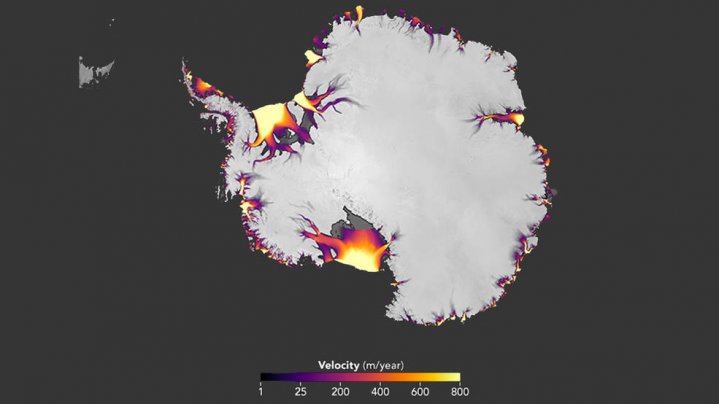
The latest study report unveiled by the Australian Antarctic Division has revealed that the sea ice in Antarctica has hit a record low due to the drastic effects of global warming. According to latest data, the sea levels in Antarctica have dropped down to the second-lowest level ever recorded in history.
Sea level hitting an all-time low in Antarctica
The minimum sea level in Antarctica ever in history was recorded in March 2017 when we saw an area of 799,231 surrounded by ice in the continent. Now, recent satellite data has indicated roughly 830,120 square miles of sea ice in the continent, the second and potentially low levels of sea ice which human history has ever witnessed.
"Since August 2016, the sea ice coverage has been tracking well below the long-term average...in 2017, the wintertime maximum sea ice extent was the second-lowest on record at 18.05 million square kilometers following closely on the heels of successive record highs in 2012, 2013 and 2014," said Phil Reid, a scientist at the Bureau of Meteorology Antarctic, reports Inquistr.
World's climate to witness a drastic change
Even though it is too early to say whether the shrinking of ice sheets in Antarctica will mark a new trend, experts believe that the sea ice movements will bring about drastic changes on the world's climate and marine life.
Rob Massom, a chief research scientist at the Australian Antarctican division said that the change in Antarctica sea levels will bring one of the greatest seasonal changes in the earth's surface.
"This represents an exciting and indeed high-priority challenge in climate and polar research. It's an exciting problem to try and unravel," said Massom, reports SBS.
Massom also added that sea ice conditions also have a major impact on shipping and logistical operations in the Southern sea.
The report from Australian Antarctic Division came just a few days after NASA reported accelerating ice melt in some of the western regions in the continent, for the second straight year.








